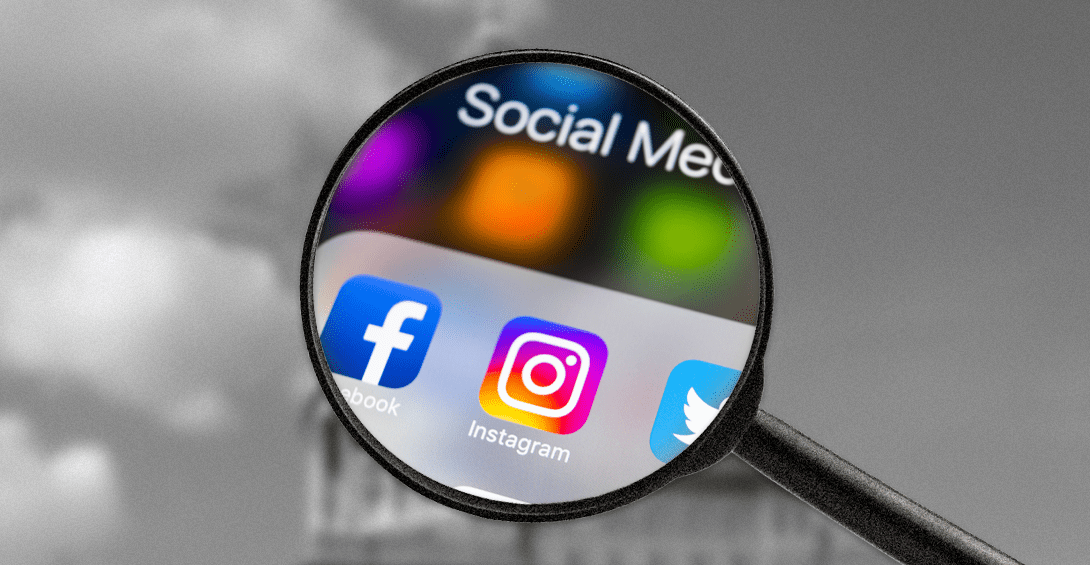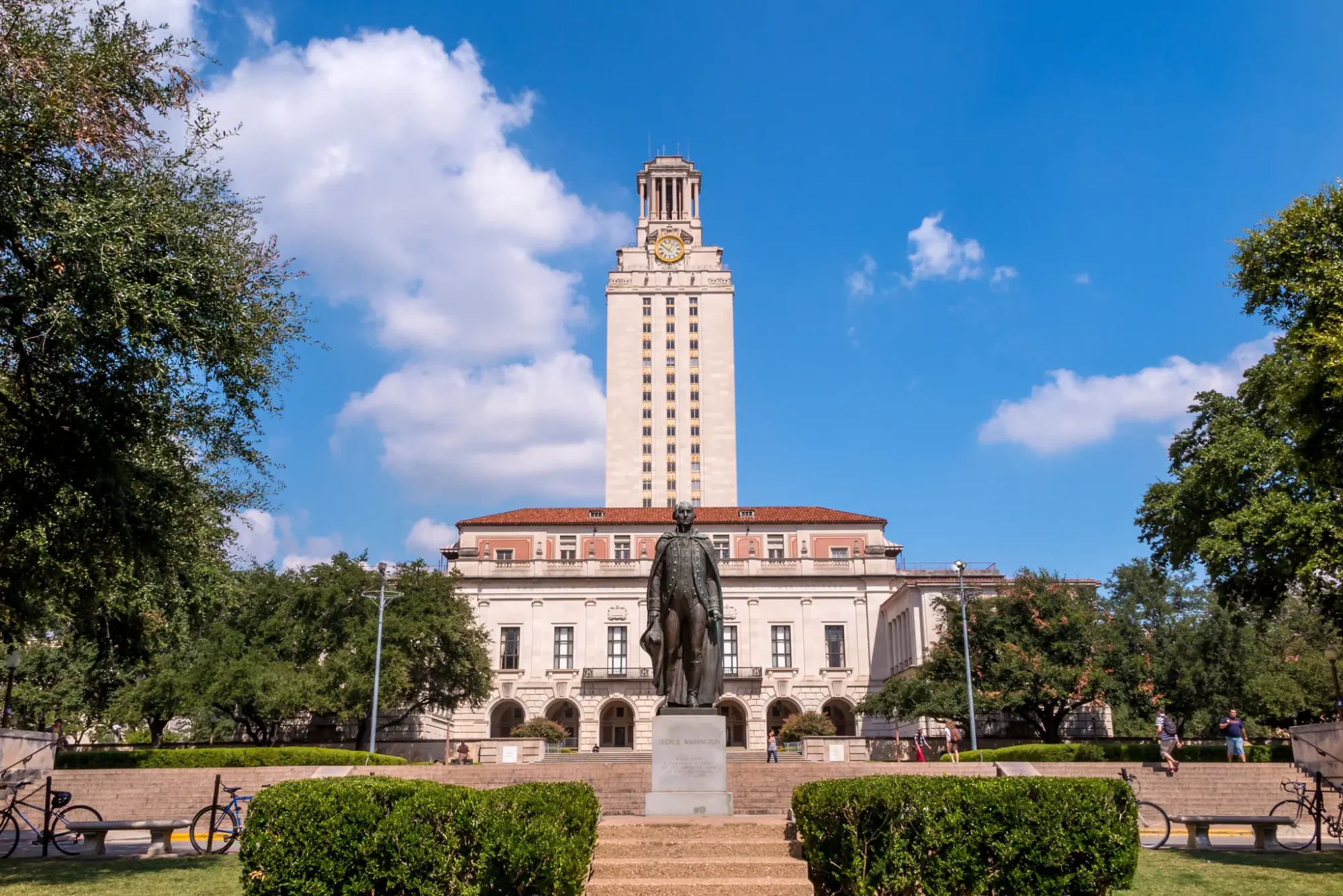AUSTIN — This year’s Texas legislative session is now over, and citizens are wondering why state lawmakers did not complete priority work—such as protecting Texans’ fundamental right to free speech.
In the wake of Facebook, Twitter, Google, Amazon, and Apple recently censoring citizens who don’t agree with Democrats—most notably, deleting the Twitter account of President Donald Trump—Texas lawmakers proposed Senate Bill 12, to protect citizens’ 1st amendment rights and stop social media companies from discriminating against people they disagree with politically.
Specifically, the proposed law would have required the publicly-funded social media companies to publicly disclose their various content management practices and policies—such as how they decide which content to promote or suppress—and would’ve expressly prohibited them from targeting people solely because of their political beliefs.
“An interactive computer service may not censor a user, a user ’s expression, or a user ’s ability to receive the expression of another person based on: (1) the viewpoint of the user or another person; (2) the viewpoint represented in the user ’s expression or another person ’s expression; or (3) a user ’s geographic location in this state or any part of this state,” read SB 12.
The proposed law does give exception to allow certain censoring “that the interactive computer service is specifically authorized to censor by federal law.”
Senate Bill 12, one of Lt. Gov. Dan Patrick’s top stated priorities, failed in the Republican-controlled legislature.
What happened? Though state lawmakers will often say they “ran out of time”—a claim Texas Scorecard recently analyzed given their work this 140-day session—the timeline of the free speech bill reveals a different story.
In early March, Gov. Greg Abbott hosted a press conference with the bill’s author, State Sen. Bryan Hughes (R–Mineola) to promote the legislation.
‘[Social media companies] are controlling the flow of information and sometimes denying the flow of information,” Abbott said at the time. “And they are being in the position where they’re choosing which viewpoints are going to be allowed to be presented. Texas is taking a stand against big tech political censorship. We’re not going to allow it in the Lone Star State.”
Subsequently, the proposed law passed through the Texas Senate in early April, but when it reached the Texas House of Representatives, it sat dormant for nearly a month and a half.
After almost two months, House Republicans finally scheduled the item—toward the very end of the session, right up against legislative deadlines.
The bill unsurprisingly died.
Curiously, the House did find time to take care of important items such as naming the Texas star mushroom the official mushroom of the state, naming Llano the official barrel racing capital of Texas, designating Missouri City the official hip-hop capital of Texas, and recognizing Fort Davis as the highest town in Texas.
Furthermore, Gov. Greg Abbott, though he has publicly bashed Facebook for their censorship, has behind the scenes been working with them to build a new campus in Texas—potentially at taxpayer expense.
The important free speech bill was not the only priority to die, leading Lt. Gov. Patrick to now publicly call on Abbott to reconvene the legislature for a special session to actually get the work done.
“Asking @GregAbbott_TX to call a June #SpecialSession today to pass #SB29 to save girls sports, #SB10 to end taxpayer funded lobbying and #SB12 to stop social media censorship,” Patrick tweeted last week. “The TxHouse killed these conservative bills that majority of Texans in both parties support.”
And though lawmakers did complete some priorities during the session, former State Sen. Don Huffines—who is now challenging Abbott for governor in next year’s Republican primary—also called out Republican lawmakers for not using their power to enact the critical protections for Texans.
“Once again, Texans were failed by cowards in Austin. Republican politicians, despite having trifecta control in Texas, worked with Democrats to kill a number of key GOP bills. I support calls for an imminent special session and believe we must pass every GOP priority,” said Huffines.
Huffines went on to list social media censorship as one of the issues he believes should be brought back up during a special session, and that “the primary reason these bills have not been passed is because Abbott won’t support them. Texans deserve leadership—no excuses.”
Concerned citizens may contact their state representatives, Lt. Gov. Patrick, or Gov. Abbott.





